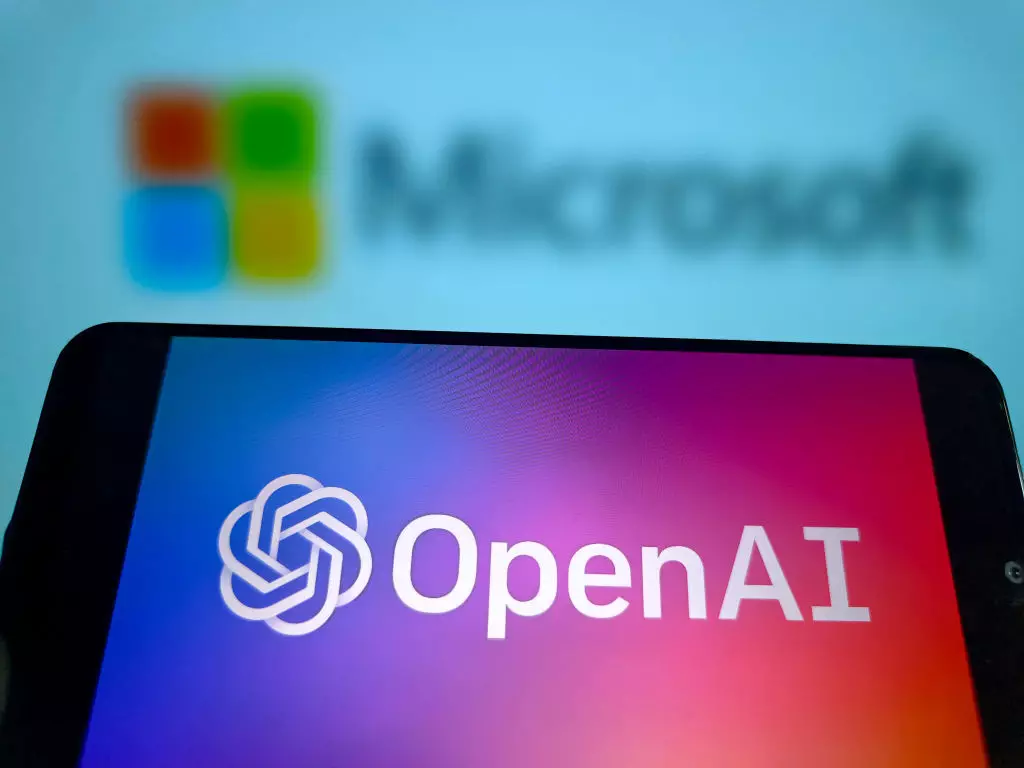In a recent twist in the narrative surrounding artificial intelligence advancements, OpenAI has firmly denied the anticipated release of its code-named AI model, Orion, this year. A spokesperson’s communication to TechCrunch serves as a crucial revelation in the ongoing discourse about the company’s product strategy, asserting, “We don’t have plans to release a model code-named Orion this year.” This statement effectively refutes the claims made in a report by The Verge that suggested a forthcoming launch of Orion by December.
OpenAI’s clarification comes amidst heightened speculation, igniting curiosity over what could be next for the burgeoning AI landscape. The Verge’s assertions also included the idea that influential partners, including longtime collaborator Microsoft, might gain exclusive early access to the Orion model as early as November, subsequently leading to a broader rollout through platforms such as ChatGPT. This supposed priority access further amplifies the stakes and the expectations surrounding the Orion model, indicating that the advancements in AI are not just confined to theoretical aspirations.
The relationship between OpenAI and Microsoft plays a significant role in this narrative. As one of OpenAI’s primary investors and partners, Microsoft is positioned at the forefront of AI advancements, making it crucial for OpenAI to manage expectations regarding technology rollout and accessibility. The reported involvement of trusted partners like Microsoft lends credence to the anticipation surrounding Orion. However, the lack of explicit confirmation of the model’s capabilities raises questions about transparency and strategic positioning.
Furthermore, OpenAI’s approach—continuing the development of its existing “GPT” models alongside reasoning models such as o1—suggests a multifaceted strategy aimed at addressing diverse user needs. By maintaining this dual-track development, OpenAI appears poised to cater to different applications, ultimately enhancing the overall utility and effectiveness of its AI offerings.
Despite the clarity surrounding Orion’s non-release this year, OpenAI’s statement leaves ample room for speculation. It suggests that the company may unveil different models that do not fall under the Orion umbrella, or possibly even substitute models that might not possess the same capabilities. This ambiguity can lead to a mix of optimism and skepticism within the AI community, prompting industry watchers to consider the implications of such decisions.
The landscape for AI development is fraught with fluctuating narratives and evolving goals. As technologies advance rapidly and competition intensifies, clarity about product specifications and release timelines becomes even more imperative. The remarks from OpenAI indicate that the company is acutely aware of the careful balancing act required to foster both anticipation and satisfaction within its user base.
The discourse surrounding OpenAI’s potential model Orion underlines the complexities and uncertainties within the AI development sphere. While the promise of upcoming technological advancements remains enticing, clarity about the specific capabilities and timelines of new models is essential for fostering confidence among stakeholders. As OpenAI continues its journey, the spotlight will remain firmly fixed on its strategic decisions, with the implications reaching well beyond its immediate operations in the AI domain.


Leave a Reply